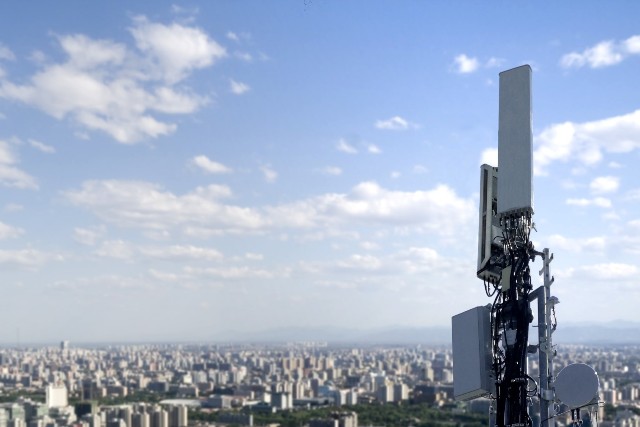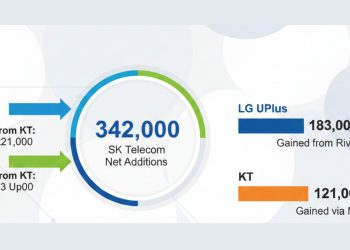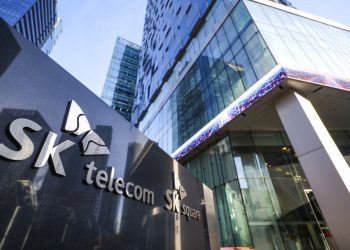5G has been the buzzword in the tech industry lately. Unsurprisingly, as the technology promises internet speeds no one has ever seen before. It also promises to revolutionize the world with some tech-heads going as far as saying that the race for 5G supremacy is the new cold war. However, all this hype may be coming under fire with reports that the world’s largest 5G network users, South Koreans, aren’t getting what they paid for.
Since its launch in April, some users in South Korea have been complaining about weak signals and unreliable connections. Although unarguably faster than 4G the network, it is reportedly having trouble servicing its more than 1.6 million users across the country.
“I’m enjoying faster download speeds compared to 4G before. However, it is not as fast as I expected,” said Hyunwoo, a store owner from Busan. “There are also some places that I can’t even get a signal,” he continued.
Being new products, 5G-ready phones are also expensive. So, some users feel as if their investment were not worth it. Kim Young-woo of SK securities blame the recurring problems to the lack of base stations, hoping that operators would up their effort to provide their promised service to customers.
Although there are at least 63,000 base stations for 5G across South Korea, this number still pales in comparison to the number of 4G base stations. Hence, another common complaint among users is the unavailability of the service in many places, most especially rural towns.
What Happens Now?
Nevertheless, telecom companies have promised to improve their services in the coming months.
“We have to be humble in accepting the consumers’ complaints about our shortcomings during the initial stage,” said LG Uplus chairman Ha Hyeon-hoe during a meeting last April. “It is time to focus our efforts to achieve the best quality of 5G network,” he continued. LG Uplus is reportedly developing a technology to allow their customers to simultaneously connect to both 4G and 5G networks while 5G networks are still under development.
SK Telecom and KT have also pledged to improve their service in the coming months. KT chief Hwang Chang-Gyu expressed that their company is in emergency mode to solve the problem. SK Telecom chief Park Jung-ho, during an emergency executive meeting, also said they would launch all efforts to improve their service.
The US-led ban on Huawei-developed technologies resulting from security concerns that the latter has on the former’s products further exacerbates these problems. LG Uplus, one of the biggest 5G providers, uses Huawei equipment to provide their services. So we can expect things to get a little rougher until these issues get better.
Telecom companies KT Corporation, LG Uplus, and SK Telecom, are leading the shift to 5G in South Korea. The government estimates that the three companies alone have spent at least $2.6 billion in the first seven months of 2019 in 5G technology. We can expect this investment to grow further as they create more 5G base stations.
Featured image grabbed from Huawei’s website.







